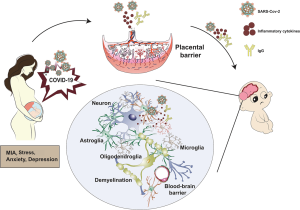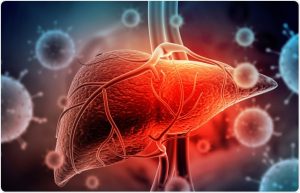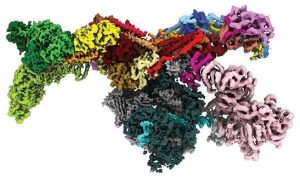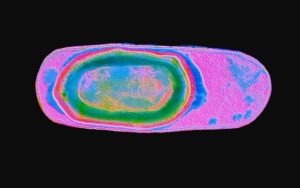Depression is a common occurrence for stroke survivors, according to the American Stroke Association, a branch of the American Heart Association. According to a scientific statement from the Association, compared to 5%–13% of adults without stroke, about one-third of stroke survivors experience depression. If untreated, it can lower quality of life and make recovery from a stroke more challenging.
Sen. John Fetterman, who had a stroke in May 2022, reportedly sought hospital treatment for depression. As a result, media and the general public have questions about stroke and depression.
Depression following a stroke can be a normal psychological reaction to the stress of the injury, disability or brush with mortality brought on by the stroke.”
Lee H. Schwamm, M.D., FAHA, an American Heart Association volunteer and professor of neurology at Harvard Medical School in Boston
In other cases, it may be caused by structural, electrical or biochemical changes in the brain. If certain brain regions are injured, the systems that regulate emotion may be damaged and produce depression, anxiety or PTSD-like symptoms in stroke survivors. Depression and stroke are both examples of the many conditions which threaten brain health. The American Heart Association’s Life’s Essential 8 is a powerful tool to protect brain health and support longer, healthier lives.”
Schwamm, immediate past volunteer chair of the American Stroke Association Advisory Committee, suggests stroke survivors who experience depression should seek evaluation and treatment with a qualified professional. Because stroke can disrupt sleep, eating, continence and other bodily functions, self-care is critical including reaching out to friends and family for emotional support and to overcome any stigma associated with seeking help. Unfortunately, because both stroke and depression still carry social stigma and shame, many stroke survivors are reluctant to seek help and may need extra support to acknowledge the symptoms of depression and seek treatment.






